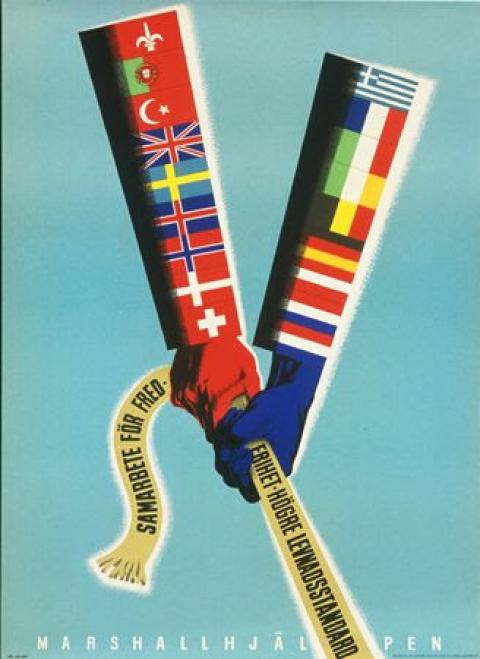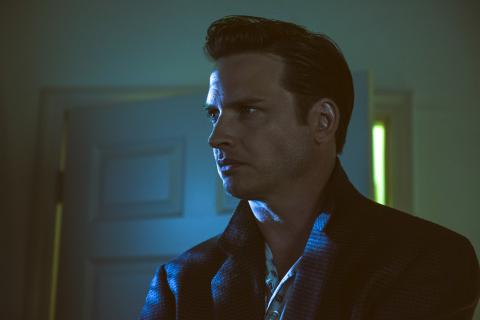'Atom spy' Ethel Rosenberg's Conviction in New Doubt After Testimony Released
The Guardian

“There was never really any solid evidence that she had been involved in any part of espionage,” said Ilene Philipson, author of Ethel Rosenberg: Beyond the Myths. “It just confirms this idea that the government was using her, imprisoning her to get at Julius Rosenberg to try and persuade him to confess.”










Spread the word